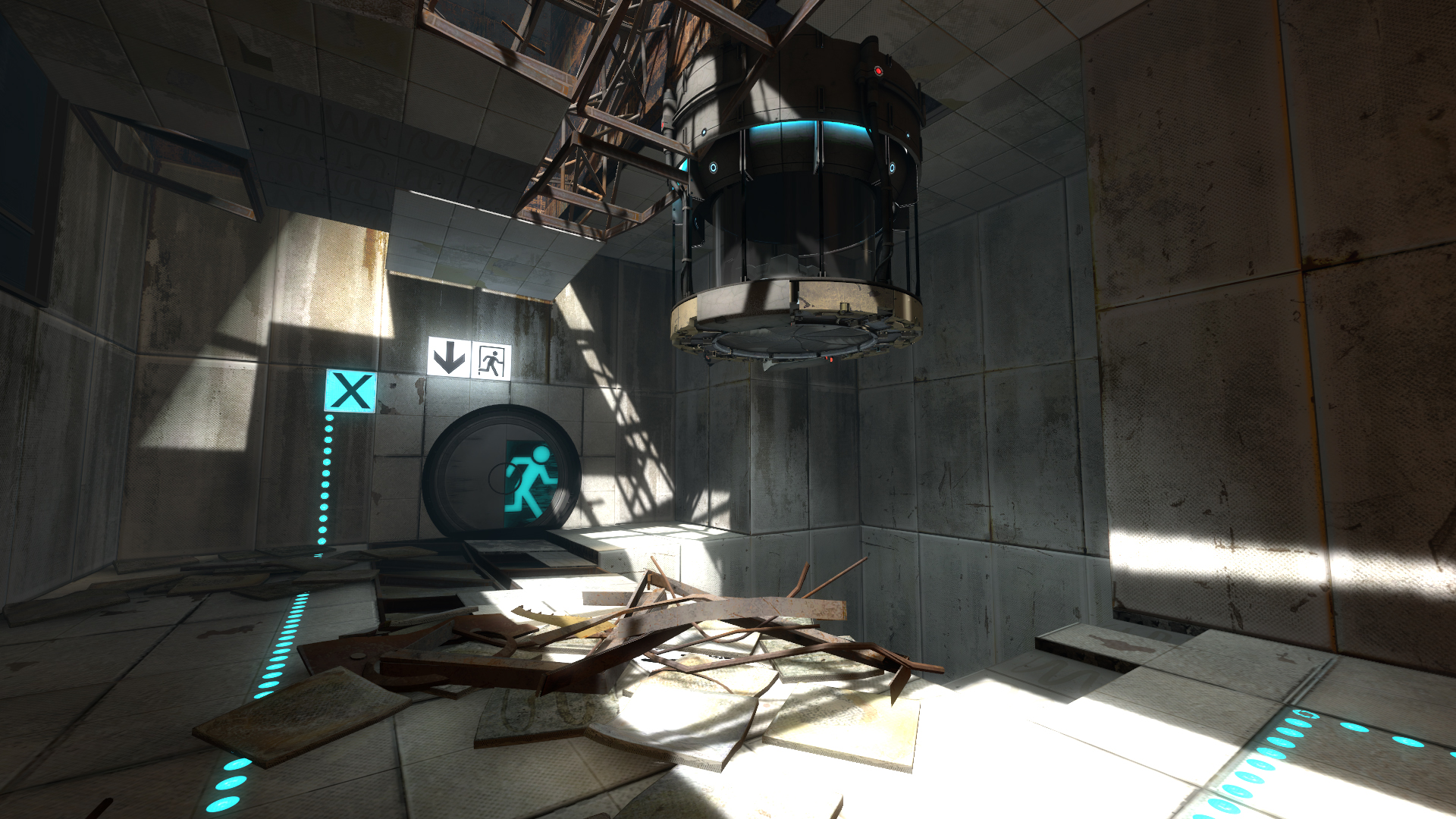

Using dxvk-native probably suffers the same, and it's going to depend on the game as well, but equally I'm sure there are ways to pre-cache anything needed on startup to ensure stuttering isn't a problem later. Performance impact might not be so large, except for a few areas like shader caching. While there would be some benefits in these cases to using things like DXVKN, as you pointed out, I don't know how impactful they will be.

A frequent point I've seen brought up as to why devs would port their games to Linux over using Proton is to squeeze out extra performance (eliminating the overhead of compatibility layers).

It becomes sort of like mingw32/64: compile a program against windows APIs, get a Linux executable using Linux APIs. Wine provides libraries (winelib) for that too. It can also lead to compatibility issues between Windows and Linux versions, as stuff like floating point math might not be handled the same. The rest of the game then interacts with native APIs, without the "translation layer overhead" for files I/O, user input, math, locking and threading, etc. Graphics APIs are one of the most complicated part to port, so DXVK Native takes care of that. Quoting: superboybot Quoting: MayeulCOf course. Half-Life: 2 and the episodes (Valve - Windows & Linux) - currently in Beta.Left 4 Dead 2 (Valve - Windows & Linux).The project readme was also cleared up on a number of points. With this being the second official release of DXVK Native, there's no special release notes but it does bump up all the support from the most recent version of the main DXVK project, including DLSS support. Perhaps with the likes of the Steam Deck coming which uses SteamOS Linux, we might see more developers take a look at it. The point of the project is for game and application ports to hopefully be quicker, as the developer won't need to write an entirely new rendering backend so it can help port development. Be sure to check out our previous interview! Developed by Joshua Ashton who has been involved in DXVK, VKD3D-Proton, updating a few Valve games and more. DXVK Native is the fork of the original translation layer DXVK, the part of Proton that translates Direct 3D 9 / 10 / 11 to Vulkan but this is meant for Linux native builds and a new release is out now.


 0 kommentar(er)
0 kommentar(er)
